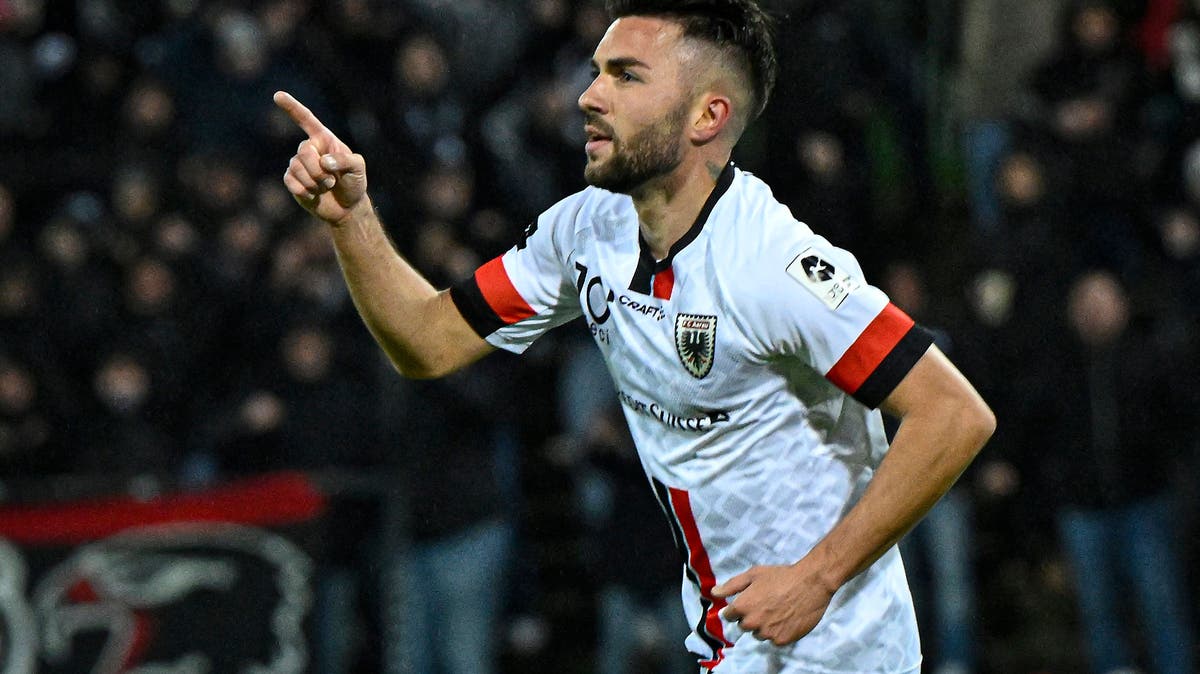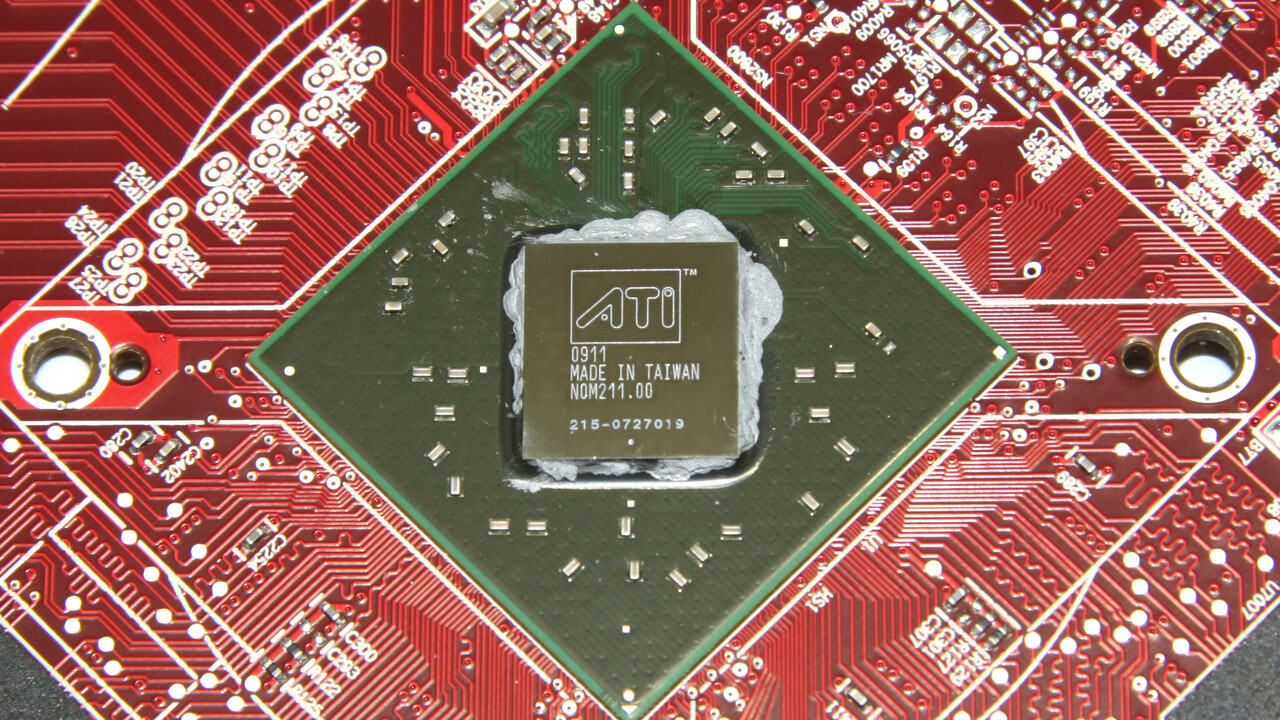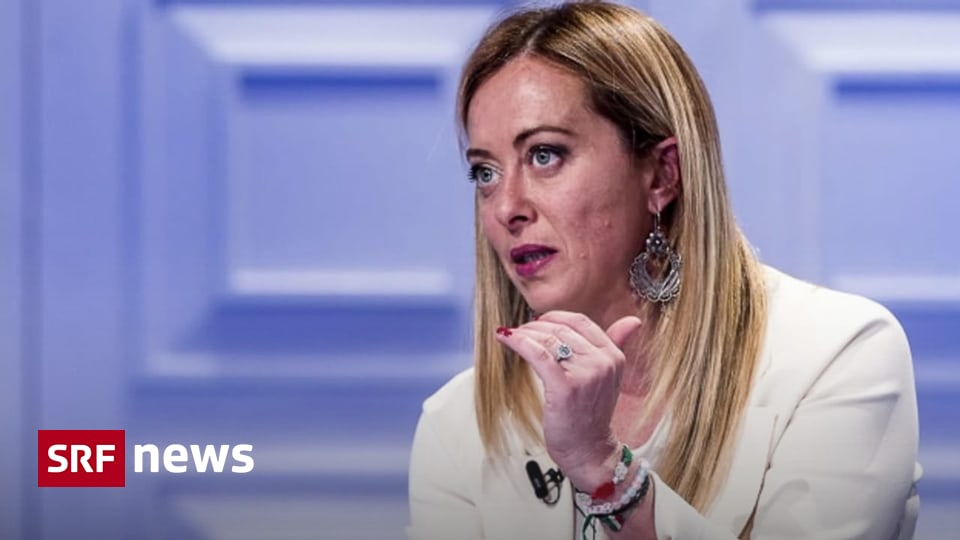The heavy gray body shimmers in the sun, the breath in the air rushes with an incomparable sound and bubbles back to the huge mammal. A sperm whale and its baby animal unexpectedly appeared next to our ship to get oxygen for the next long dive. They remained in place on the surface of the sea for about ten minutes, breathing in and out with a clatter and a sound. The three kids are thrilled, and so are we parents. We slow down to watch them dive in first. Its caudal fins loom large, as if waving to us, before disappearing back into the ocean depths for a while.
We are now living as a family on a 13-metre sailing vessel that has been out at sea for nine months, with four others ahead of us. 13 months in total, as we get to see this enormous living space from a whole new side. When we set out last July in the Portuguese Algarve, our boys were still amazed at the clever crabs, which quickly made their way over the piled stones and sought refuge in the small gaps. Among the Canary Islands, pilot whales drew attention to themselves with apparent calmness. Her dark body rose and fell leisurely, gently and roughly. During the crossing to Cape Verde, a whole school of dolphins visited us and accompanied us for hours. Like missiles, they shot our bow wave in groups of four, danced and leaped through the turbulent waters, and swept away again to do the same thing again with a fresh start. Our three boys on the bow, secured with life jackets and lifelines, cheers. Arriving at Sal, baby lemon sharks swam around our legs in the knee-deep salty water, and the first sea turtles poked their heads curiously out of the water at anchor.
Plastic trawlers and seagrass
Sun, beach, special creatures, great experiences: but of course there are also downsides. As we crossed the Atlantic from Cape Verde to Barbados we had to dodge fishing nets far off any coast in the middle of the night. Huge, brightly lit trawlers have begun their work, which consists in bringing incredible amounts of sea creatures from the depths of the Atlantic so that we can enjoy sushi in Switzerland or choose two kilograms of frozen tuna fillets in plastic bags from the freezer.
Plastic can’t make up its mind on either side of the Atlantic: It’s washed up relentlessly on the coasts of both Cape Verde and the Caribbean.
Overfishing and the associated sensitive disruption of this ecosystem is not an unknown problem to us, but to see the proportions of fishing in international waters in the mid-Atlantic was impressive. To come to know about the people who depended on this food source in Cape Verde and then in the southern Caribbean is quite disheartening. Time and time again we sailed past carpets of sargassum moss the size of a football field, now coveted with apprehension from the Caribbean and the USA. And plastic! He can’t make up his mind on either side of the Atlantic: it washes relentlessly on the coasts of both Cape Verde and the Caribbean.
experience distances
Since we were on the sea, we perceive distances differently. Again, the world has become larger. We sail for days on distances that an airplane could cover in a few hours. We depend on the interest of the items. Sometimes it takes patience to wait for the right wind to travel. By the way, waiting is something we adults often find more difficult than crew members ages 10, 8, and 6. If the wind does not blow enough, it is not enough to adjust the sails, and if it is too strong, we will wait until we can continue without risk.
We got to know the sea from its relaxed, calm side and respected when the winds blew and stirred this amazing body of water. A body of water that is home to fish of all shapes and colors, jellyfish, rays, seahorses, octopuses, sea turtles, whales, dolphins, corals, and much more. This diversity, the amazing ecosystem that needs to be sustained, the currents and winds that influence conditions: all this has come close to us in the past nine months. When the horizon stretches far before our eyes and nothing but the sea surrounds us for several days, we realize how much space on earth the oceans cover and how small we are next to them. And how dependent we are as part of this whole system on how these seas work.
They get why plastic piping should be banned – even though it’s fun and you can bubble nicely with it.
Striped dolphin, common dolphin, bottlenose dolphin, Atlantic spotted dolphin … Meanwhile, our babies distinguish marine mammals when we meet them. Our kids still cheer for every sea turtle sticking its head out of the water at our outdoor breakfast. They know from their snorkeling excursions that they will also continue to chew their seaweed after diving to the sea floor. In a bay in front of a small town, we discovered two of its hind legs entangled in plastic scraps. Our kids were very upset about it, but they understood why plastic tubes should be banned – even though they are fun and you can bubble with them very well.
Seeing all this with their own eyes gives our children a better understanding of why it is so important to give up so often. Not only them, but us adults as well. I hope that we will not only take all the moments of happiness from these special encounters with us, but also these insights into our daily lives away from the sea.
We must take care of the seas – for our own good, too.
Found an error?Report now.

“Tv specialist. Friendly web geek. Food scholar. Extreme coffee junkie.”









– The sea is closer to us than before
On the high seas, our author’s family is discovering the amazing biodiversity of this habitat – and taking an increasing interest in its well-being.
Susanna Valentine